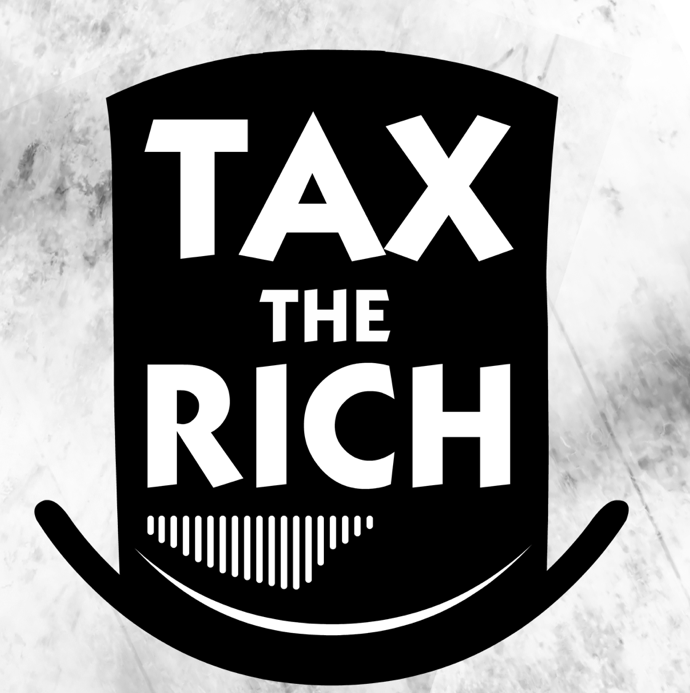The Board of Supes has approved a ten-year capital plan, outlining how the city will sell bonds in the next decade. It’s based on the idea that San Francisco can only sell new bonds (that is, borrow money) when we have paid off existing bonds, so that at no point do we ever dare raise anyone’s property taxes.
That’s a political decision: A bond act requires a two-thirds vote, and if it means a tax increase, at least 20 percent of the people will oppose it, and unless we get almost all of the remaining 80 percent, the measure will lose.

I get it.
On the other hand, the vast majority of the commercial property in San.Francisco, and a lot of the residential property, is paying far less property tax than the owners should, thanks to Prop. 13.
But let’s set that aside for a moment.
Almost everyone agrees that the city will be facing a budget deficit that could grow to $1 billion. This year, Sup. Connie Chan told the Haight Ashbury Neighborhood Council last Thursday night, there are reserve funds, rainy-day funds, and other sources that we can tap to keep the current budget from being as brutal as it might.
But in the end, the city’s going to be in trouble. As the Chron reported this week the former Union Bank Building at 350 California just sold for $225 a square foot. That’s about a third of what it was worth four years ago.
The Chron noted that the sale
Help us save local journalism!
Every tax-deductible donation helps us grow to cover the issues that mean the most to our community. Become a 48 Hills Hero and support the only daily progressive news source in the Bay Area.
was being celebrated Monday as a market-defining transaction that will establish a comp of what an empty Financial District office building is worth in the post-pandemic city.
Let’s look at that.
If the value of a Class A commercial office building is $225 a square foot, then the Bank of America Building, half owned by Donald Trump, is worth $427 million.
Its current assessment is $1.05 billion.
That means Trump and his crew will be filing documents to reduce its tax assessment, by somewhere around $10 million a year.
Multiply that by all of downtown.
The Assessor’s Office can fight those reductions, but generally the overwhelmed staff, up against huge teams of $1,000-an-hour lawyers, winds up settling.
San Francisco made a huge mistake over the past six decades putting its entire economic future in the downtown office sector. Monocrop economies are always vulnerable to shocks. Now we are paying the price.
And it comes at the worst possible time, as recessions do. Debbi Lerman, head of the Human Services Network, told HANC that “there’s less money when there’s greater need.”
The city relies on nonprofit organizations to provide a wide range of services. “There are organization that have been chronically underfunded for decades,” Lerman said. Now, with a labor shortage, they can’t hire the front-line workers who are desperately needed at the low wages the city funds.
In other words: San Francisco needs more money, not less (except maybe for the police, the only agency that is not facing cuts).
So here’s a suggestion:
Along with a ten-year capital plan, maybe the city needs a ten-year revenue plan. Maybe the supes should look at what types of new progressive taxes the city can impose on the wealthy, and when it would be best to go to the ballot with those taxes, with the goal of raising at least $1 billion in new annual revenue.
At the very least, it’s a worthwhile exercise; perhaps the Budget and Legislative Analyst’s Office can do a study. Right now, the city’s taxes are somewhat regressive: We rely a lot of sales taxes (the worst) and on property taxes (under Prop. 13, increasingly regressive). Some cities have a local income tax, which could be much more progressive; that would require state enabling legislation (which the city could press our reps to support).
Two major progressive taxes, on the biggest companies in town and on high-end real-estate transaction, have passed in recent years. So there’s voter willingness to tax the rich.
And unless we become a city that can’t meet its basic human needs, that’s going to have to be a priority.






